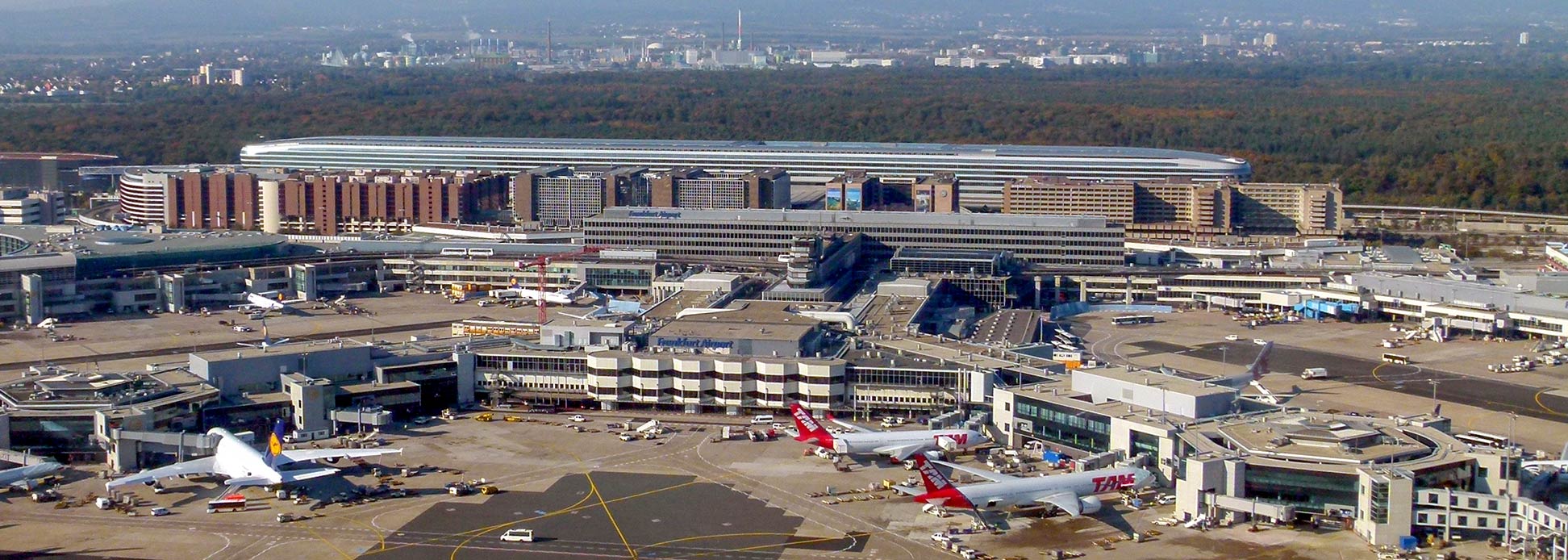The International Air Transport Association (IATA), says 5G network services may have a negative effect on aircraft landing if care is not taken on the proximity frequency and the onboard aviation safety equipment.
The warning bell rang during the IATA’s 78th Annual General Meeting n Doha, Qatar.
Govima reports that IAAT has also urged the Federal Government of Nigeria and the governments of other countries to work intimately with the aviation industry to ensure that aviation and incumbent aviation safety systems can safely co-exist with new 5G services.
The organisation spoke against the former belief about flight disruptions caused by the recent deployment of 5G services by telecommunication companies in the United States and plans by Nigeria and other countries to deploy 5G services in the coming months, Punch reported
While IATA recognises the economic importance of making spectrum available to support next generation commercial wireless telecommunications, it posited that maintaining current levels of safety of passengers, flight crews, and aircraft must continue to be one of governments’ highest priorities.
In a statement by the Director-General, IATA, Willie Walsh, said “We must not repeat the recent experience in the United States, where the rollout of C-band spectrum 5G services created enormous disruption to aviation, owing to the potential risk of interference with radio altimeters that are critical to aircraft landing and safety systems.
Adding that: “In fact, many countries have successfully managed to facilitate the requirements of 5G service providers, while including necessary mitigations to preserve aviation safety and uninterrupted services.
The countries include Brazil, Canada, France, and Thailand,” he added.
Walsh said, “Before deciding on any spectrum allocations or conducting spectrum auctions, IATA called for governments to ensure close coordination and mutual understandings between national spectrum and aviation safety regulators so that each frequency allocation/assignment is comprehensively studied and is proven not to adversely impact aviation safety and efficiency.”
According to IATA, robust testing in coordination with aviation subject matter experts is critically important in providing necessary information.



